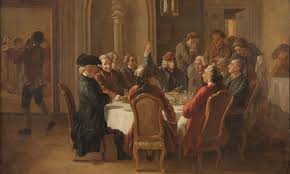The Enlightenment philosophers contributed in different ways and in different fields of knowledge.
From moral, religious and political issues to those of an economic and philosophical nature, the ideals of Enlightenment thinkers promoted the process of global awareness.
The “lights” of Enlightenment thinking are a critical response to the “darkness” of medieval thought, in which all knowledge production was subordinated to religion as a way of justifying the faith and the power of the Church.
Despite the particularities present in the thinking of each of them, the issues related to the production of independent knowledge, centered on reason and distanced from the theology proposed by the Church, is a common mark.
Voltaire (1694-1778)
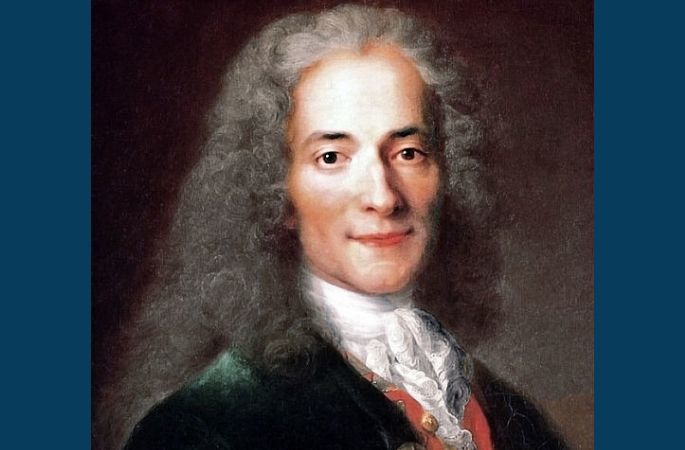
Voltaire , pseudonym of François-Marie Arouet, was a French philosopher who was born in Paris. His criticisms of the nobility resulted in various situations of imprisonment and exile.
Main Ideas
Voltaire defended the idea of a centralized monarchy, whose monarch should be cultured and advised by philosophers.
He was a severe critic of religious institutions, as well as the feudal habits that still prevailed in Europe. He affirmed that only those endowed with reason and freedom could know the divine wills and designs.
All who claimed to be children of gods were the parents of deceit. They used lies to teach truths, they were unworthy to teach them, they were not philosophers, they were, at most, prudent liars.
Main Works
Voltaire’s main work, “English Letters or Philosophical Letters”, was a set of letters about English customs, which he compared to the backwardness of absolutist France.
Despite this, he was against any revolution, as he believed that monarchs would be able to rationally orient themselves to fulfill their role.
He also wrote novels, tragedies and philosophical tales, including “O Ingênuo”.
John Locke (1632-1704)
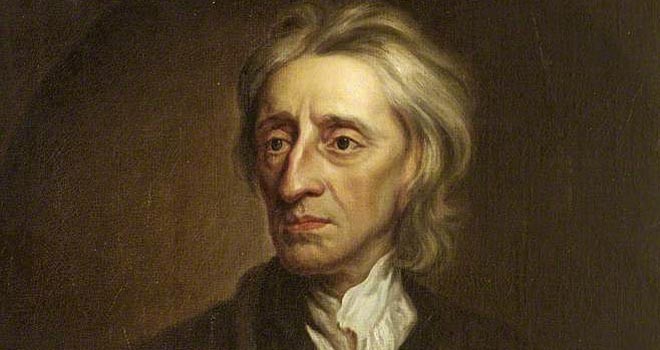
John Locke was English. He was the exponent of British empiricism and one of the greatest theorists of the social contract.
Main Ideas
John Locke claimed that the mind was like a “tabula rasa”. He rejected any conception based on the argument of “innate ideas”, since all of our ideas had a beginning and an end in the senses of the body.
Man is born as a blank sheet, devoid of characters or ideas.
Locke fought the idea that God decided the destiny of men and claimed that society corrupted divine designs or the triumph of good.
His ideas helped to overthrow English absolutism .
Main Works
One of his main works, “Two Treaties on Civil Government”, deals with absolutism.
Among other works, he wrote “Letters about Tolerance” and “Essays on Human Understanding”.
Jean-Jacques Rousseau (1712-1778)
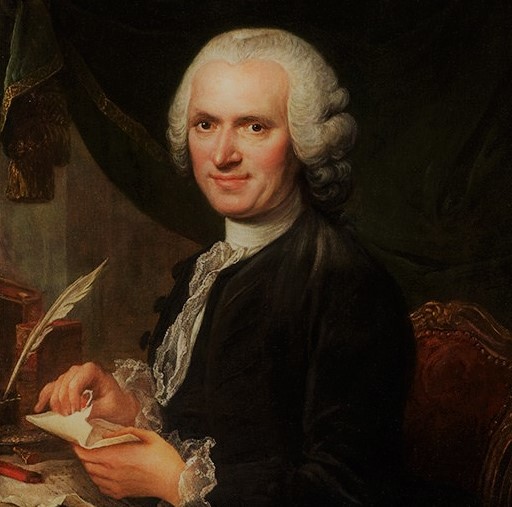
Jean-Jacques Rousseau was a Swiss philosopher who laid the foundation for European Romanticism.
Main Ideas
Rousseau was in favor of the “social contract”, a way of promoting social justice that gives name to his main work.
He claimed that private property created inequality between men. According to him, men would have been corrupted by society when popular sovereignty was over.
Man was born free, and everywhere he is chained.
Main Works
“The Social Contract” is his most prominent work by Rousseau. In “Émile”, another work of great importance, Rousseau deals with education, stating that it must be the basis for the reconstruction of humanity.
Montesquieu (1689-1755)
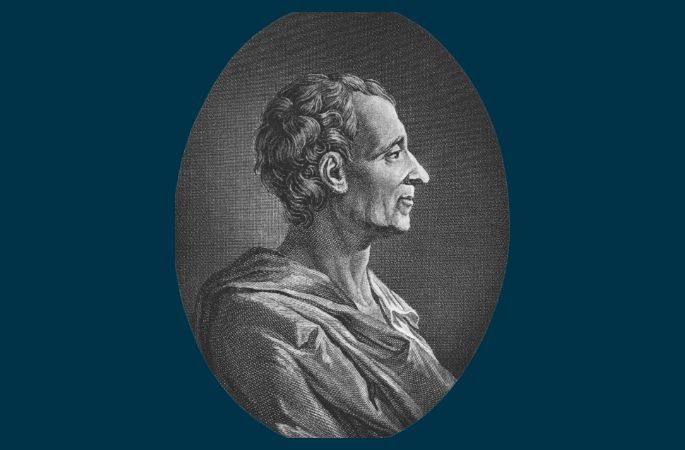
Montesquieu , Charles-Louis de Secondat, became known as Baron de La Brède and de Montesquieu.
A famous French jurist and philosopher who excelled in the areas of philosophy of history and constitutional law, Montesquieu was one of the creators of the philosophy of history.
Main Ideas
Montesquieu systematically criticized political authoritarianism, as well as the traditions of European institutions, especially the English monarchy .
There is no more cruel tyranny than that which is exercised in the shadow of laws and in the colors of justice.
Main Works
In his main work, “The Spirit of the Laws”, Montesquieu defends the separation of the three powers of the State into Legislative, Executive and Judiciary. He believed that this was a way of maintaining individual rights.
His work was an inspiration for the “Declaration of the Rights of Man and the Citizen” (1789), for the French Revolution and for the Constitution of the United States (1787).
Before “The Spirit of the Laws”, he wrote “Persian Letters”.
Denis Diderot (1713-1784)
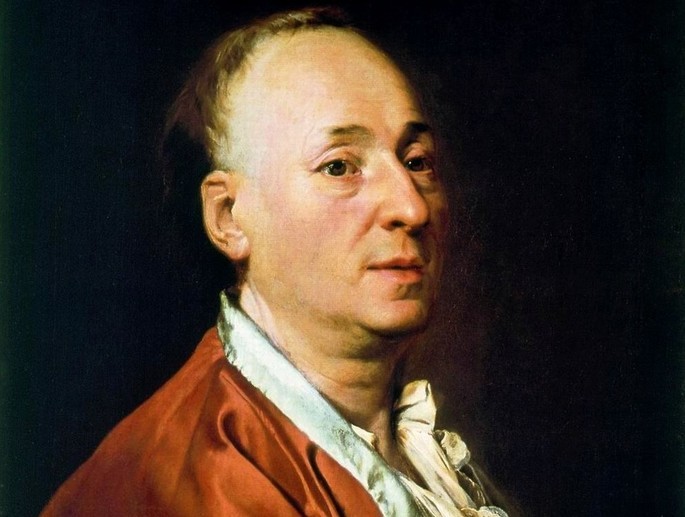
Denis Diderot was a French philosopher and translator who was born in Langres. The first work in which he stood out earned him a prison.
Main Ideas
Diderot criticized absolutism and defended the idea that politics was responsible for eliminating differences in societies.
Having slaves is nothing, but what becomes intolerable is having slaves calling them citizens.
Main Works
His first major work was ” Letters About the Blind for Use by Those Who See “.
He was responsible for elaborating, in partnership with D’Alembert, the famous “Encyclopedia” or “Rational Dictionary of Sciences, Arts and Crafts”.
Composed of 33 volumes, the work brings together the main knowledge accumulated by humanity at that time.
It was first published in France (1751 and 1772), where it spread to become the main enlightenment propaganda. For this reason, Illuminists are known as “encyclopedists”.
Adam Smith (1723-1790)
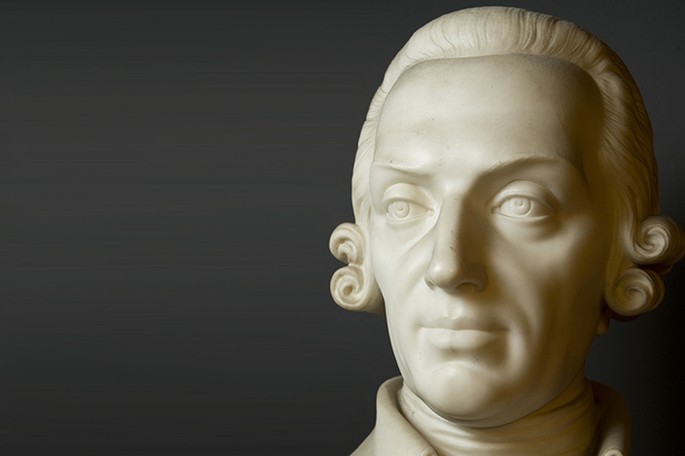
Adam Smith is considered one of the movement’s leading theorists. Scottish philosopher and economist, he receives the title of “father of the modern economy”.
Main Ideas
Adam Smith claimed that only with the end of monopolies and mercantilist policy would the state really prosper.
This is because the wealth of nations comes from individual effort ( self-interest ), which, in turn, is what promotes economic growth and technological innovation.
It is not from the benevolence of the butcher, the brewer and the baker that we expect our dinner, but from the consideration they have for their own interests.
Thus, the private enterprise should act freely, with little or no government intervention. This made his thinking intensely influence the bourgeoisie , eager to end feudal privileges and mercantilism.
Main Works
“The Wealth of Nations” is the name of this thinker’s main work, while “Theory of Moral Feelings” is the name of his main treatise.
Other Illuminist Thinkers
Many were the philosophers who sought to separate religious issues from the production of knowledge and aimed at producing fully rational knowledge.
Some important names that influenced or were influenced by Enlightenment thinking were:
Baruch Spinoza (1632-1677)
Things seem absurd or bad to us because we have partial knowledge of them, and we are completely ignorant of the order and coherence of nature as a whole.
David Hume (1711-1776)
There is no method of reasoning more common, and yet more reprehensible, than, in philosophical disputes, trying to refute any hypothesis by appealing to the danger of its consequences for religion and morality.
Jean le Rond d’Alembert (1717-1783)
Philosophy is nothing more than the application of reason to the different objects on which it can be exercised.
Immanuel Kant (1724-1804)
Enlightenment represents the departure of human beings from a minority that they themselves imposed on themselves. (…) Sapere aude! [Dare to know!] Have the courage to use your own reason! – that is the motto of Enlightenment.

